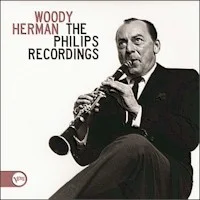Styles: Post-Bop, Avant-Garde Jazz
Year: 1981
File: MP3@320K/s
Time: 47:33
Size: 123,9 MB
Art: Front
( 6:15) 1. So Green
( 5:03) 2. Fractions
( 8:15) 3. Last First
( 5:51) 4. Shift In The Wind
( 6:56) 5. Centers
(10:01) 6. Caverns Beneath The Zoth
( 5:10) 7. Valentine
Shift In The Wind
Year: 1981
File: MP3@320K/s
Time: 47:33
Size: 123,9 MB
Art: Front
( 6:15) 1. So Green
( 5:03) 2. Fractions
( 8:15) 3. Last First
( 5:51) 4. Shift In The Wind
( 6:56) 5. Centers
(10:01) 6. Caverns Beneath The Zoth
( 5:10) 7. Valentine
Bassist Gary Peacock teams up with the underrated pianist Art Lande and drummer Eliot Zigmund for a set of group originals that emphasize close communication between the trio members, really an extension on the innovations of Bill Evans. The interplay between these masterful musicians is more significant than the actual compositions and rewards repeats listenings. ~ Scott Yanow https://www.allmusic.com/album/shift-in-the-wind-mw0000653451
Personnel: Gary Peacock (bass); Art Lande (piano); Eliot Zigmund (drums).
Personnel: Gary Peacock (bass); Art Lande (piano); Eliot Zigmund (drums).
Shift In The Wind




















